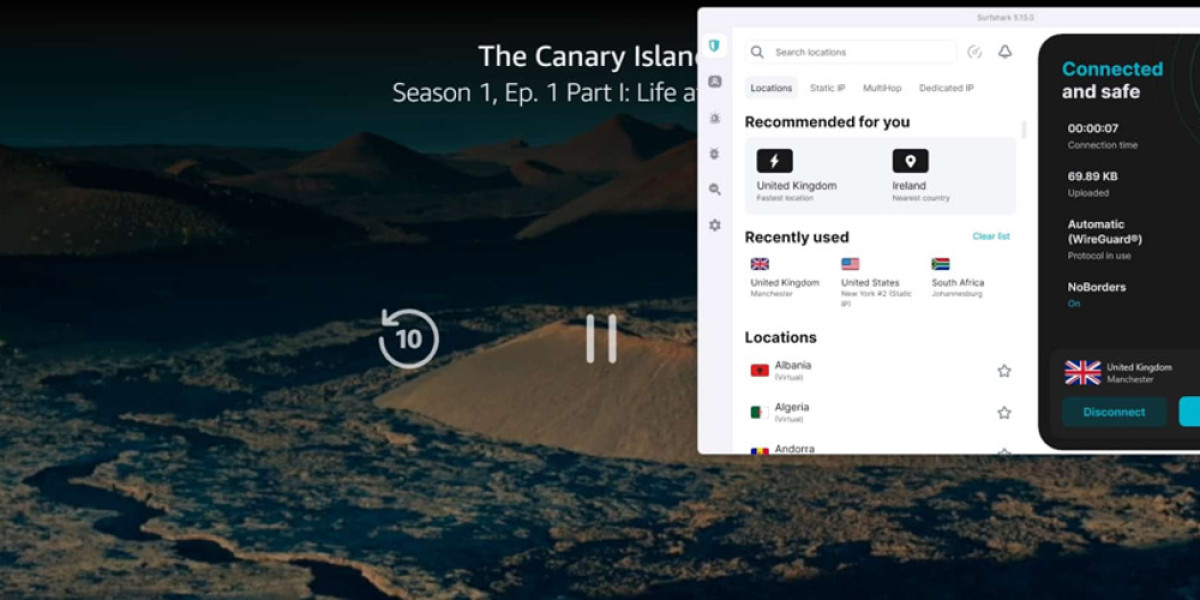In the sterile corridors of Birmingham Women's and Children's NHS Foundation Trust, a young man named James Stokes moves with quiet purpose. His smart shoes move with deliberate precision as he acknowledges colleagues—some by name, others with the universal currency of a "hello there."
James displays his credentials not merely as an employee badge but as a declaration of belonging. It hangs against a well-maintained uniform that offers no clue of the challenging road that led him to this place.
What separates James from many of his colleagues is not visible on the surface. His bearing discloses nothing of the fact that he was among the first participants of the NHS Universal Family Programme—an effort designed specifically for young people who have been through the care system.
"The Programme embraced me when I needed it most," James reflects, his voice steady but tinged with emotion. His observation captures the core of a programme that aims to reinvent how the massive healthcare system approaches care leavers—those vulnerable young people aged 16-25 who have graduated out of the care system.
The statistics reveal a challenging reality. Care leavers commonly experience higher rates of mental health issues, money troubles, shelter insecurities, and lower academic success compared to their age-mates. Behind these cold statistics are human stories of young people who have navigated a system that, despite best intentions, frequently fails in delivering the nurturing environment that shapes most young lives.
The NHS Universal Family Programme, established in January 2023 following NHS England's promise to the Care Leaver Covenant, signifies a substantial transformation in organizational perspective. At its heart, it accepts that the whole state and civil society should function as a "communal support system" for those who haven't known the stability of a typical domestic environment.
Ten pathfinder integrated care boards across England have blazed the trail, creating frameworks that rethink how the NHS—one of Europe's largest employers—can open its doors to care leavers.
The Programme is meticulous in its strategy, starting from comprehensive audits of existing policies, creating governance structures, and garnering leadership support. It acknowledges that effective inclusion requires more than lofty goals—it demands tangible actions.
In NHS Birmingham and Solihull ICB, where James found his footing, they've developed a reliable information exchange with representatives who can deliver help and direction on personal welfare, HR matters, recruitment, and inclusivity efforts.
The standard NHS recruitment process—rigid and potentially intimidating—has been intentionally adjusted. Job advertisements now focus on attitudinal traits rather than extensive qualifications. Application procedures have been reimagined to address the particular difficulties care leavers might face—from missing employment history to struggling with internet access.
Perhaps most significantly, the Programme understands that starting a job can present unique challenges for care leavers who may be managing independent living without the safety net of family resources. Matters like transportation costs, proper ID, and banking arrangements—considered standard by many—can become substantial hurdles.
The brilliance of the Programme lies in its attention to detail—from explaining payslip deductions to providing transportation assistance until that critical first payday. Even ostensibly trivial elements like rest periods and workplace conduct are thoughtfully covered.
For James, whose professional path has "changed" his life, the Programme provided more than employment. It gave him a sense of belonging—that ineffable quality that develops when someone senses worth not despite their past but because their particular journey improves the workplace.
"Working for the NHS isn't just about doctors and nurses," James observes, his eyes reflecting the subtle satisfaction of someone who has found his place. "It's about a collective of different jobs and roles, a team of people who really connect."

The NHS Universal Family Programme represents more than an job scheme. It exists as a strong assertion that institutions can change to embrace those who have experienced life differently. In doing so, they not only change personal trajectories but improve their services through the unique perspectives that care leavers bring to the table.
As James walks the corridors, his presence silently testifies that with the right assistance, care leavers can flourish in environments once thought inaccessible. The embrace that the NHS has offered through this Programme symbolizes not charity but acknowledgment of untapped potential and the fundamental reality that all people merit a support system that champions their success.









